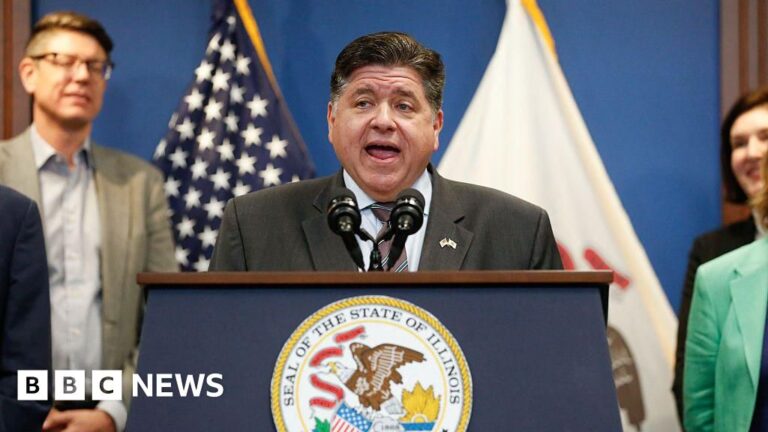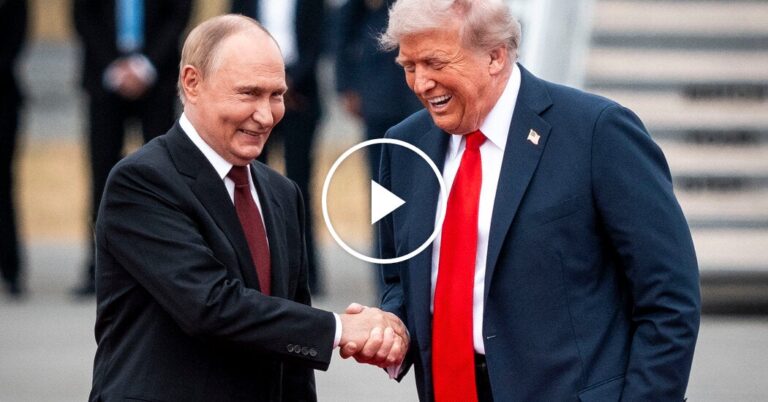
2025 MID-ATLANTIC REGION HIGH SCHOOL
WEEK #3 TOP 20 RANKINGS
| Rank | School Name | City, State | Record | Previous | Recent Results 9/29-10/12 |
|---|---|---|---|---|---|
| 1 | Collegiate School | Richmond, Virginia | 11-0-0 | 2 | 9/30 vs Trinity Episcopal School- 4-2 W, 10/3 vs St. Gertrude- 6-0 W, 10/10 @ Norfolk Academy- 3-2 W |
| 2 | Trinity Episcopal Academy | Richmond, Virginia | 11-1-0 | 1 | 9/30 @ Collegiate School- 2-4 L, 10/3 vs Virginia Episcopal- 7-0 W, 10/7 @ Covenant School- 5-0 W, 10/9 @ STAB- 8-1 W |
| 3 | Tabb High School | Yorktown, Virginia | 14-0-0 | 4 | 9/29 @ York- 6-0 W, 10/2 vs Western Branch- 7-0 W, 10/7 vs Gloucester- 6-0 W, 10/9 @ Warhill- 6-0 W |
| 4 | Bryn Mawr School | Baltimore, Maryland | 7-2-0 | 3 | 9/30 @ Garrison Forest- 2-0 W, 10/3 vs St. John’s College HS- 1-2 L, 10/10 vs Mount de Sales- 4-1 W |
| 5 | Norfolk Academy | Norfolk, Virginia | 8-6-0 | 5 | 9/30 @ Catholic- 5-0 W, 10/3 @ St. Catherine’s- 2-1 W, 10/7 @ Hampton Roads Academy- 8-0 W, 10/10 vs Collegiate School- 2-3 L |
| 6 | Smyrna High School | Smyrna, Delaware | 11-1-0 | 7 | 9/30 vs Episcopal Academy (PA)- 1-3 L, 10/7 vs Delmar- 4-0 W, 10/9 @ Sussex Central- 9-0 W, 10/10 vs Caesar Rodney- 13-1 W |
| 7 | Independence High School | Ashburn, Virginia | 12-0-0 | 8 | 9/30 @ Gainesville- 4-1 W, 10/7 vs Battlefield- 7-0 W, 10/9 @ Osbourn- 10-2 W |
| 8 | Oakton High School | Vienna, Virginia | 15-0-0 | 9 | 9/30 vs Centreville- 7-0 W, 10/6 @ Chantilly- 2-1 W, 10/8 vs South Lakes- 1-0 W |
| 9 | Cardinal Gibbons High School | Raleigh, North Carolina | 13-0-0 | 10 | 9/29 vs Carrboro- 8-0 W, 10/4 vs Our Lady of Good Counsel- 3-1 W, 10/6 @ Chapel Hill- 1-0 W, 10/8 vs Jordan- 10-0 W |
| 10 | Archbishop Spalding High School | Severn, Maryland | 7-1-1 | 17 | 9/30 vs Mount de Sales- 3-0 W, 10/7 vs St. John’s College HS- 5-1 W, 10/9 @ St. Mary’s- 3-3 T |
| 11 | Cape Henlopen High School | Lewes, Delaware | 11-1-0 | 11 | 9/30 @ Polytech- 5-0 W, 10/2 @ Indian River- 1-0 W, 10/7 @ Sussex Academy- 2-0 W, 10/11 vs Milford- 5-0 W |
| 12 | St. John’s College High School | Washington, District of Columbia | 9-1-0 | 15 | 10/1 @ Academy of the Holy Cross- 7-0 W, 10/3 vs Bryn Mawr School- 2-1 W, 10/7 @ Archbishop Spalding- 1-5 L |
| 13 | St. Mary’s School- Annapolis | Annapolis, Maryland | 8-2-1 | NR | 9/30 @ NDP- 3-2 W, 10/3 vs Severn- 1-0 W, 10/6 vs St. Paul’s School for Girls- 2-0 W, 10/9 vs Archbishop Spalding- 3-3 T |
| 14 | Notre Dame Prep | Towson, Maryland | 12-1-0 | 6 | 9/30 vs St. Mary’s- 2-3 L, 10/3 vs Hereford- 6-0 W, 10/6 vs Maryvale- 6-1 W, 10/7 vs Towson- 10-2 W |
| 15 | Langley High School | McLean, Virginia | 14-0-0 | 13 | 10/3 @ Westfield- 4-0 W, 10/4 @ South Lakes- 7-1 W, 10/6 @ George C. Marshall- 3-0 W, 10/7 @ Herndon- 6-0 W, 10/9 vs Wakefield- 6-0 W |
| 16 | James Madison High School | Vienna, Virginia | 14-1-0 | 14 | 9/30 vs South Lakes- 6-3 W, 10/6 @ Westfield- 5-2 W, 10/8 vs Chantilly- 4-1 W |
| 17 | Leonardtown High School | Leonardstown, Maryland | 10-1-0 | 16 | 9/29 vs Huntingtown- 10-0 W, 10/6 @ North Point- 11-0 W, 10/8 @ La Plata- 10-0 W |
| 18 | Stafford High School | Falmouth, Virginia | 14-0-1 | 19 | 9/30 @ Brooke Point- 10-0 W, 10/7 vs Colonial Forge- 4-0 W, 10/9 @ Massaponax- 8-0 W |
| 19 | Winston Churchill High School | Potomac, Maryland | 10-1-0 | 20 | 9/29 @ Wootton- 4-0 W, 10/3 vs Walter Johnson- 5-0 W, 10/6 @ Northwest- 6-0 W, 10/8 @ Wheaton- 6-0 W, 10/10 vs Gaithersburg- 8-0 W |
| 20 | Frank W. Cox High School | Virginia Beach, Virginia | 8-3-0 | NR | 9/30 vs Kellam- 2-0 W, 10/7 @ Ocean Lakes- 7-0 W, 10/9 vs Great Bridge- 1-0 W |
| OC | Charlotte Country Day School | Charlotte, North Carolina | 17-1-0 | 12 | 9/30 @ Providence Day- 2-0 W, 10/3 @ Charlotte Catholic- 1-0 W OT, 10/6 vs Marvin Ridge- 4-1 W, 10/7 @ Charlotte Latin- 0-1 L, 10/9 @ Covenant Day- 3-0 W |
| OC | Charlotte Latin School | Charlotte, North Carolina | 15-4-0 | NR | 9/29 vs Ardrey Kell- 9-0 W, 9/30 vs Covenant Day- 3-1 W, 10/7 vs CCDS- 1-0 W, 10/9 @ Providence Day- 3-5 L |
| OC | Great Bridge High School | Chesapeake, Virginia | 11-1-0 | 18 | 9/30 vs Nansemond River- 5-1 W, 10/1 vs King’s Fork- 10-0 W, 10/8 @ Hickory- 2-1 W, 10/9 @ Frank W. Cox- 0-1 L |
| OC | Kent Island High School | Stevensville, Maryland | 7-0-0 | NR | 9/30 vs Severna Park- 3-2 W, 10/9 vs Stephen Decatur- 2-0 W |
| OC | Manchester Valley High School | Manchester, Maryland | 9-1-0 | OC | 9/30 @ Liberty- 1-0 W, 10/4 @ Mount de Sales- 1-0 W, 10/7 @ Westminster -2-1 W, 10/9 @ Century- 6-1 W |
| OC | Severna Park High School | Severna Park, Maryland | 8-3-0 | OC | 9/29 vs South Carroll- 4-2 W, 9/30 @ Kent Island- 2-3 L, 10/7 @ Broadneck- 4-2 W, 10/9 vs Southern- 1-0 W |
The post 2025 Week #3 Mid-Atlantic Region Top 20 Rankings appeared first on MAX Field Hockey.












